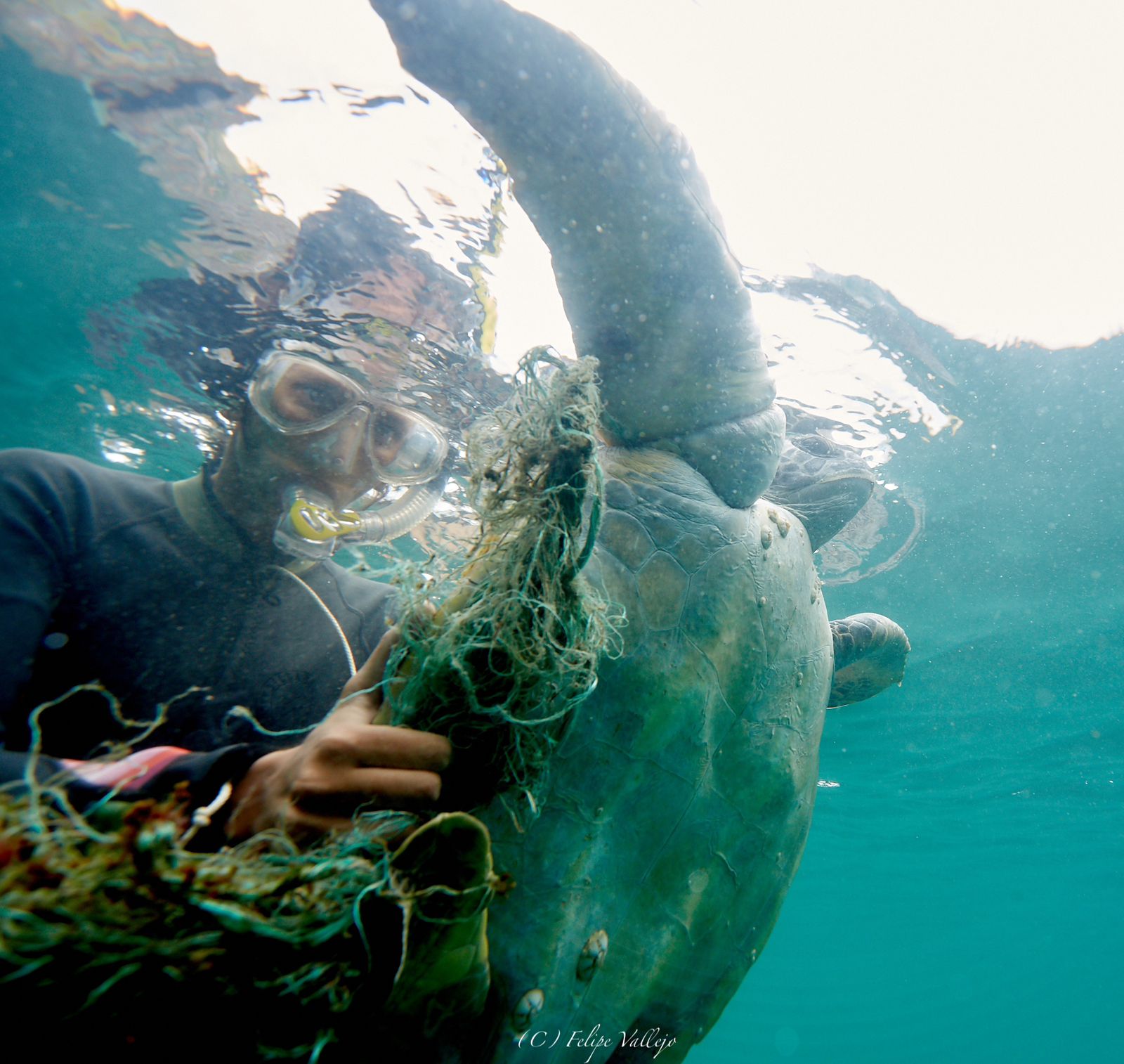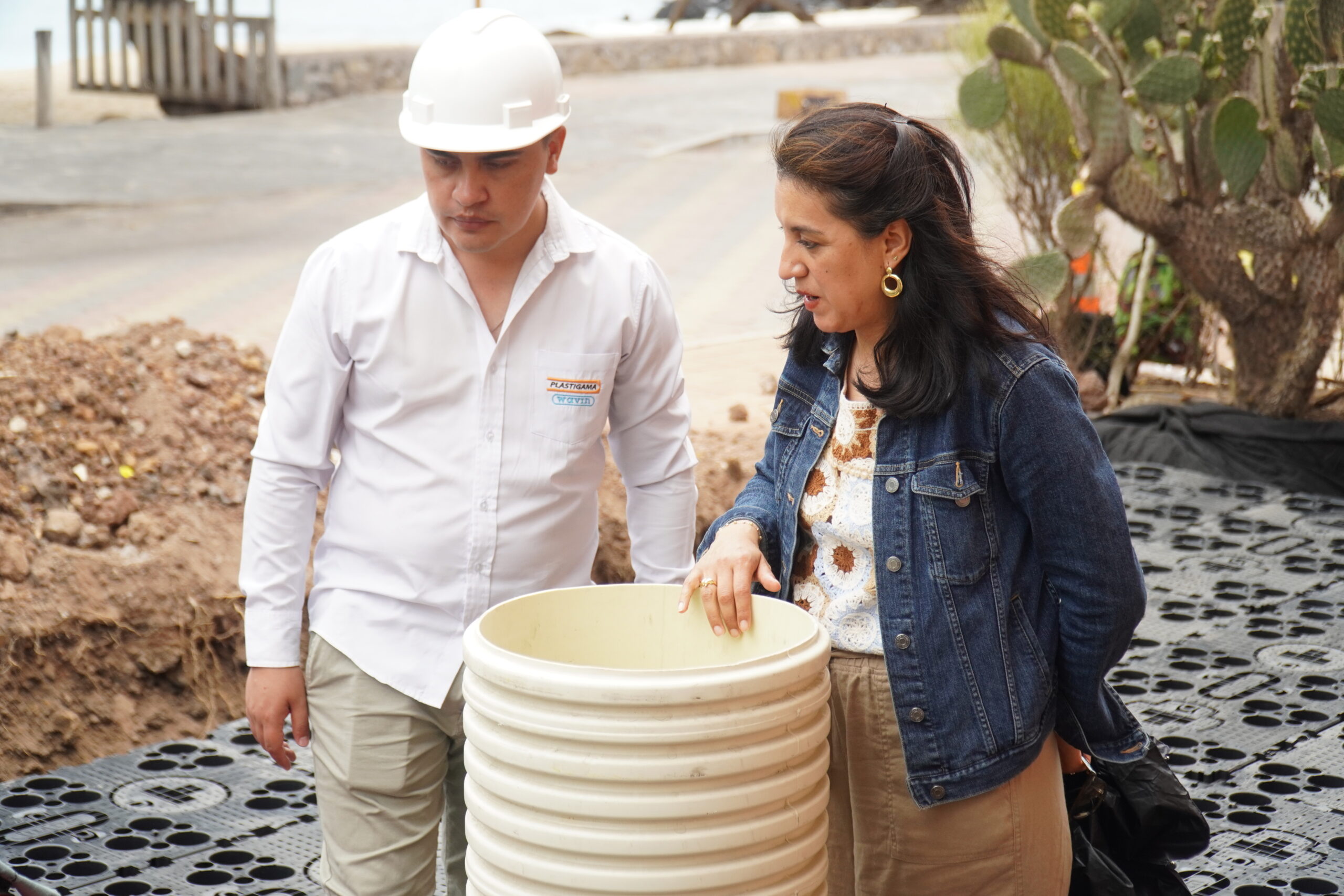The first Galapagos Research Retreat was held at the Carolina Inn during fall 2018. Carlos Mena, Co-Director of the Galapagos Science Center, accompanied the UNC Galapagos Leadership Team to further engage and recruit UNC scientists to the Galapagos Initiative.
Galapagos Faculty Research Directors made brief presentations, and the UNC Galapagos Leadership Team engaged the group about important science questions, logistical support, facilities at the Galapagos Science Center, and the annual Galapagos Seed Grant Program.
The UNC Galapagos Leadership Team, conformed by Steve Walsh, Jill Stewart, Phil Page and Katya McKerr, organized a second retreat on December 5, 2019. Over 40 faculty and students attended, including new recruits to the Galapagos Initiative.
The Galapagos Faculty Research Committee: Jill Stewart, Amanda Thompson, Corbin Jones, Diego Riveros-Iregui and Adrian Marchetti, and the Galapagos Council: Don Hobart, Katie Bowler-Young, Harvey Seim, Peggy Bentley, Trisha Dant, David Steeb, Gina Chowa, Marianne Baernholdt and Diana Lys participated. They discussed the project “One Health Galapagos,” informed the group of seed grant activities and analyzed emerging research opportunities.





